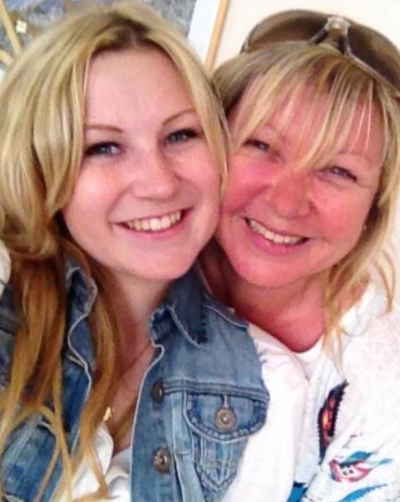What is Multi Sensory Impairment?
"Persons are regarded as deafblind if they have a severe degree of combined visual and auditory impairment resulting in problems of communication, information and mobility".
One severe impairment e.g. severe hearing loss, accompanied by partial sight or moderate sight loss still constitutes deafblindness. The reason the later or secondary loss only requires to be moderate before compounding effects are felt, is that the second sense has been relied on to compensate for the first loss. Normally a profoundly deaf sign language user who becomes partially sighted will have inherent problems with communication, access to information and mobility. In a similar manner, a hard-of-hearing person who has always lipread, when vision deteriorates at all will have problems. Equally a blind person who has relied upon sharp hearing will have real problems if hearing substantially deteriorates.
So how should somebody of school age with this condition be supported?
A teacher of the deaf or teacher of the visually impaired is not enough, there must be a multi sensory impairment specialist involved.
In our area we found support for deaf children outstanding. At the beginning it was very full on, literally bombarded with information, weekly visits from a teacher of the deaf, meeting with speech therapist, groups to attend to meet other parents and deaf children, audiology appointments regularly, details about claiming Disability Living Allowance, details about our local Deaf Children's Society and the Charity DELTA (Deaf Education through Listening and Talking) who's ethos I absolutely recommend and details about SEN (Special Educational Need) and Statementing.
It was daunting but looking back how lucky we were to have so much support and input from the Hearing Impairment Team and particularly the Teacher of the Deaf (TOD) and great input from the Speech Therapist.
We also had consistency and accept for two or three visits Molly had the same TOD from pre-school through to almost 14 years old.
Lots of hard work went into supporting Molly on her journey as a deaf youngster and the results are clear.
Molly caught up with her peers, her speech developed beautifully and she often describes her happiest times where at nursery and primary school.
Then came the "Usher Diagnosis" at senior school.
Confusion best describes the next chapter:
Deafblind, no qualified teacher to work with the deafblind but there are Visual Impairment Specialist (VIS) teachers, Molly will have a senior one!
All well and good but a TOD and a VIS do not add up to a Multi Sensory Impairment (MSI) Specialist.
There was the honesty that neither the Deaf nor VI teams were familiar or experienced in supporting somebody with Usher Syndrome - somebody needed to be trained' it would take 3 years for somebody to be qualified!
In the meantime MSI support had to be bought in from Sense to support not just Molly but the team around her and that was to include teachers and teaching assistants at the school as well as advise the TOD and VIS.
The one thing that became ever obvious was the sheer exhaustion deafblindness brings along with mobility issues and acceptance.
Acceptance made ever harder by the ignorance surrounding the condition.
For us there was a grieving period, which was very painful, particularly when there is continuous questioning "You're not blind" "You're not deaf" even by those who should know better.
The cruelty of an invisible disability makes acceptance all the harder, the continuous questioning often leads to a very unhealthy and unacceptable denial which again has its problems.
The desire to just "fit in" never goes away and then the need for acceptance from all.
Acceptance and understanding in education, acceptance and understanding in the work place and acceptace in general is required and it really isn't a big deal to know the basics.
I cannot and nor would I want to speak for the entire Usher Community but where my own daughter is concerned she wants to get on with her life, to achieve what she can and more important than anything she wants and deserves to be happy.
In order for her to have those few things all she needs is to be accepted as the person she is and to be understood and what is more she is the expert on herself!
At this stage direct support can be achieved by simply asking!
In the workplace potential employers should be aware of the diversity and unique skill set people with usher syndrome can have, how much value they can bring to any workforce.
Like us all they just want that chance.
I think they call it "Thinking outside of the box".
